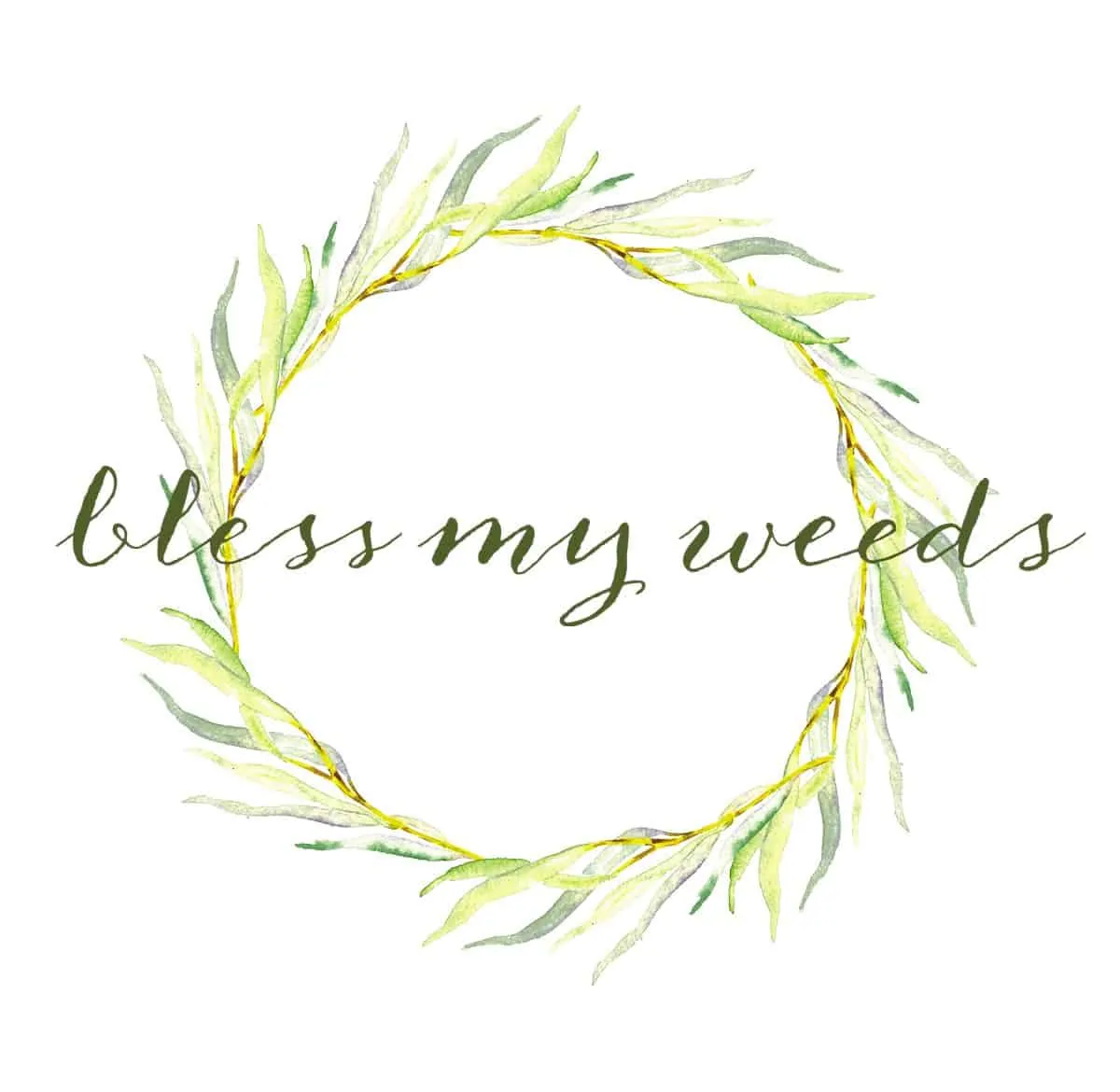
If you love growing fruits and veggies, you probably try to soak up all the gardening tips you can get. Master gardeners have their own secrets that the rest of us can benefit from — if we can learn them. Here are 8 tips master gardeners won’t necessarily tell you that can really help you out with your next garden.
1. Solarize
Solarizing is the process of heating a garden area to get rid of weeds in the weeks before planting. Clear out the weeds or scalp them down with your mower. Then wet the ground well and cover it with plastic sheeting (purchase some here!) Weigh the sheeting down around the edges. Weed seeds will continue to germinate, but the heat from the radiating sun will kill them off. Leave the plastic in place for 6-8 weeks, and you’ll reduce weeds by 60-80%.

2. Test Germination
Before planting, you can test the germination rate of your seeds. Place 10 of them in a damp cloth. Roll up the cloth and put it in a plastic bag for 10 days. If 8 of them sprout, you’ve proven your germination rate at 80%, and that’s what you can count on when you plant for real.

3. Water Collection
If you’re into collecting rain water, simply add a couple of tablespoons of soap to the water to keep mosquitos from reproducing in the sitting water.

4. Keeping Tools Clean
If you have great tools, you want to keep them from getting rusty. And when left damp or dirty, your tools will start to rust. Try keeping a bucket of clean sand and a little motor oil to stick your tools in after using them. Putting them in and out will clean them up easily.

5. Trimmer Tamer
You know those string trimmers or “weed whackers” that use plastic string? And you know how that string always breaks on you? If you spray the string with vegetable oil before you start working, it’ll keep it from snapping.

6. Coffee Anyone?
Leftover tea and coffee grounds will help acidify the pH of soil. About once a month, sprinkle about 1/4 of a inch around acid-loving plants like gardenias, blueberries, rhododendrons, and azaleas.

7. Seed Storage
No matter where you store your seeds, make sure it’s cool and dry. If you have a cold storage room in your home, you can store seeds there. But the refrigerator (not the freezer), in an air-tight container might be your best bet. Keep in mind that humidity and heat will shorten seed life. Stored properly, many seeds can last 5-10 years, but 2-3 years is better.

8. Pest Control
When it comes to ridding your garden of pests, there’s no substitute for simply keeping a close eye on things. Soapy water will actually control many kinds of insects, just make sure you don’t use a soap with citrus oils or ingredients. You can also plant marigolds around your vegetable plants, as the scent will help deter infestation.


Leave a Reply